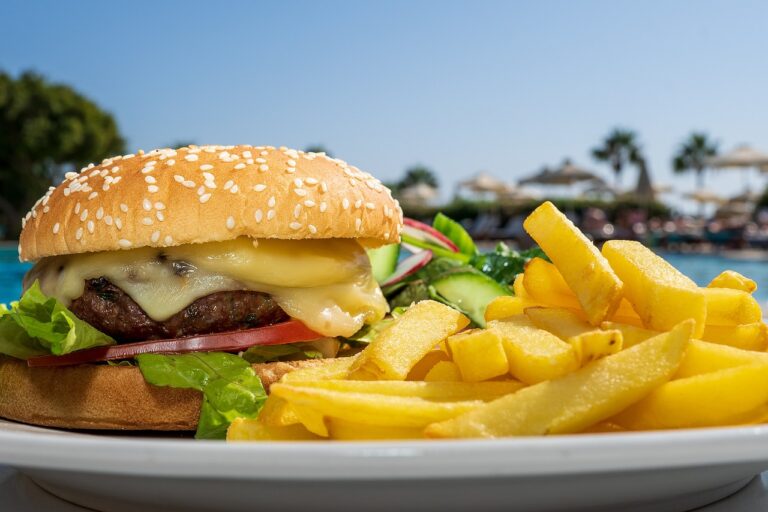Sustainability in Buffet Catering Singapore: Reducing Food Waste and Environmental Impact
Event Catering: Buffet catering businesses face numerous challenges in today’s competitive market. One of the main hurdles is maintaining food quality and freshness throughout the duration of the event. With large quantities of food sitting out for extended periods, ensuring that dishes remain appetizing and safe to consume can be a constant struggle. Additionally, buffet caterers must navigate the delicate balance between offering a wide variety of options to satisfy diverse tastes and dietary restrictions, while also minimizing food waste.
Another significant challenge in the buffet catering industry is the rising costs of ingredients and overhead expenses. Buffet caterers often have to contend with fluctuating food prices, which can significantly impact their profit margins. Balancing the need to price services competitively with the need to cover rising costs without sacrificing quality or portion sizes requires careful financial management and strategic planning. Furthermore, the logistical challenges of coordinating large-scale buffet setups, staffing, and transport can add another layer of complexity to running a successful buffet catering business.
- Maintaining food quality and freshness throughout the event
- Balancing variety of options with minimizing food waste
- Rising costs of ingredients and overhead expenses
- Fluctuating food prices impacting profit margins
- Strategic financial management needed to cover rising costs while pricing competitively
- Logistical challenges of coordinating large-scale buffet setups, staffing, and transport
- The Impact of Food Waste on the Environment
Food waste is a significant contributor to environmental degradation. When food is thrown away, it ends up in landfills where it decomposes and releases methane gas, a potent greenhouse gas that contributes to climate change. Additionally, the resources used to produce the wasted food, such as water, energy, and land, are also wasted, further exacerbating environmental issues.
The environmental impact of food waste extends beyond just greenhouse gas emissions. Wasted food also contributes to deforestation, as forests are cleared to make way for agricultural land to produce food that is ultimately thrown away. Furthermore, the chemicals and pesticides used in food production can harm ecosystems and water sources when food is wasted instead of being consumed.
Strategies for Minimizing Food Waste in Buffet Catering
One effective strategy for minimizing food waste in buffet catering is to carefully plan the menu based on the number of guests expected. By calculating the appropriate portion sizes and types of dishes needed, caterers can reduce the likelihood of excess food being prepared and subsequently wasted. Additionally, offering a variety of options that can be easily adjusted or replenished throughout the event can help caterers better manage their food inventory and minimize waste.
Another important tactic is to educate both staff and guests on the importance of reducing food waste. By encouraging portion control and providing information on the environmental impact of food waste, caterers can raise awareness and promote more conscientious consumption habits. Furthermore, implementing efficient food storage and handling practices, such as proper labeling and rotation of perishable items, can help extend the shelf life of food items and reduce the amount of food that ends up being discarded.
Why is minimizing food waste important in buffet catering?
Minimizing food waste is important in buffet catering because it not only helps reduce costs for the business, but also has a positive impact on the environment by reducing the amount of food that ends up in landfills.
What are some common challenges faced in the buffet catering industry?
Some common challenges in the buffet catering industry include overestimating food quantities, improper storage of food, and lack of communication between kitchen staff and servers.
How does food waste in buffet catering impact the environment?
Food waste in buffet catering contributes to greenhouse gas emissions when food decomposes in landfills. It also wastes resources such as water, energy, and labor that went into producing the food in the first place.
What are some strategies for minimizing food waste in buffet catering?
Some strategies for minimizing food waste in buffet catering include proper portion control, offering smaller plates, donating excess food to food banks, and implementing a waste tracking system to identify areas of improvement.







